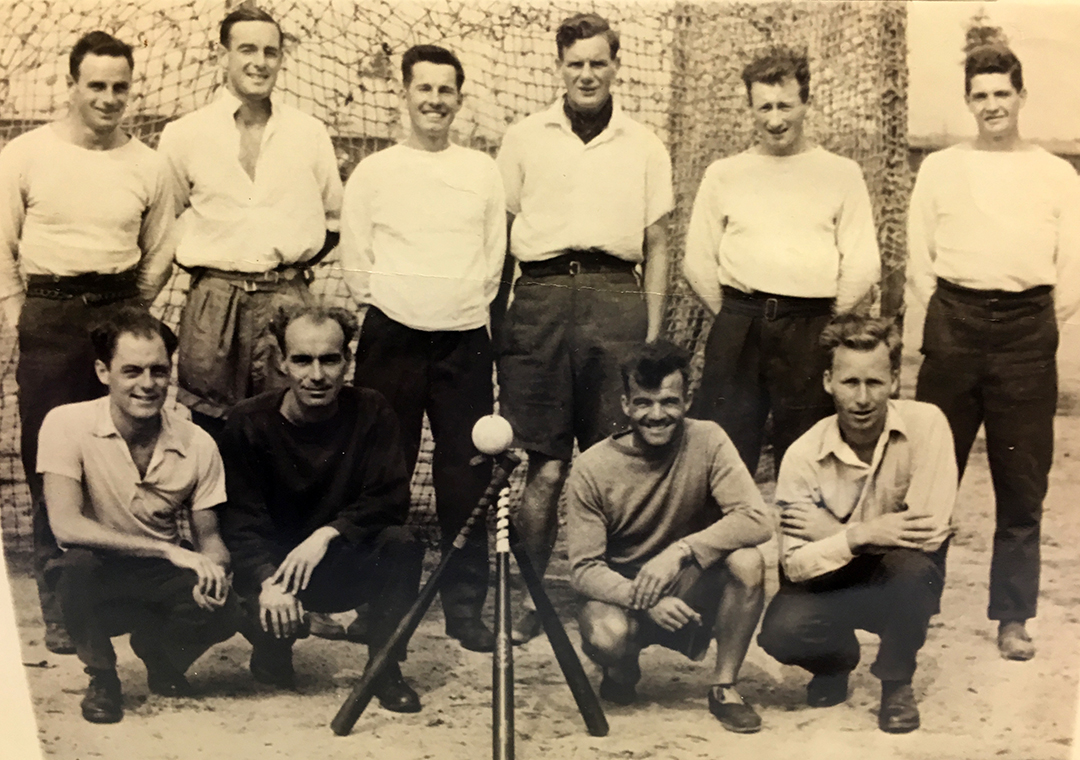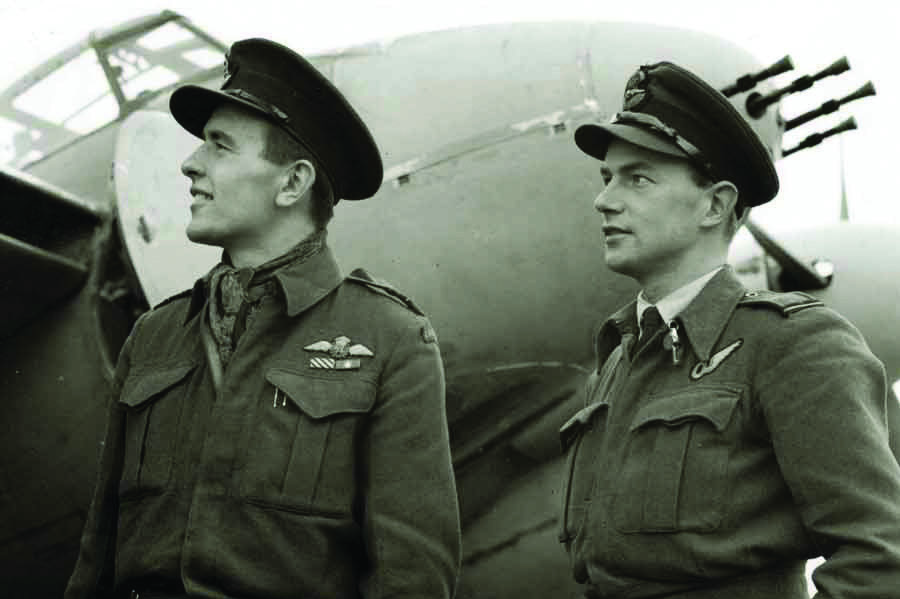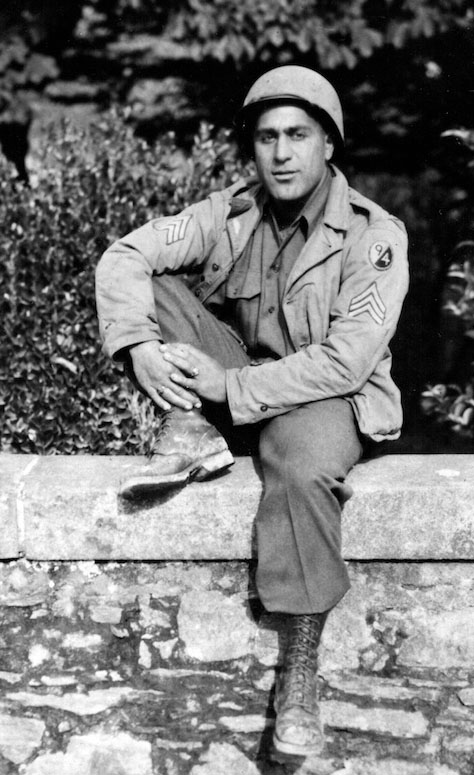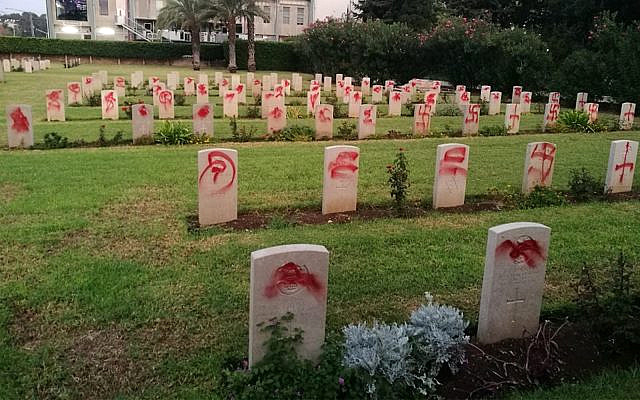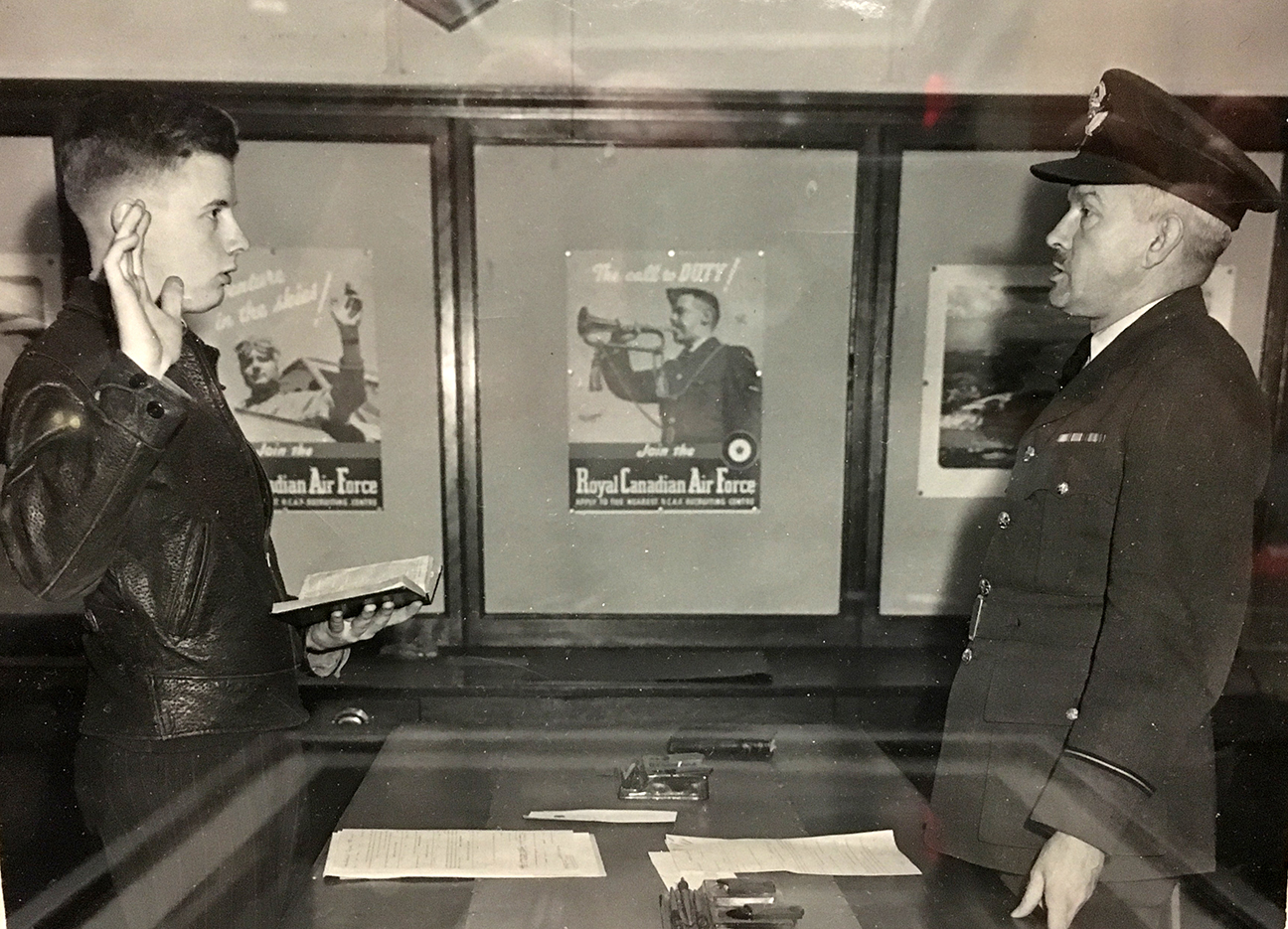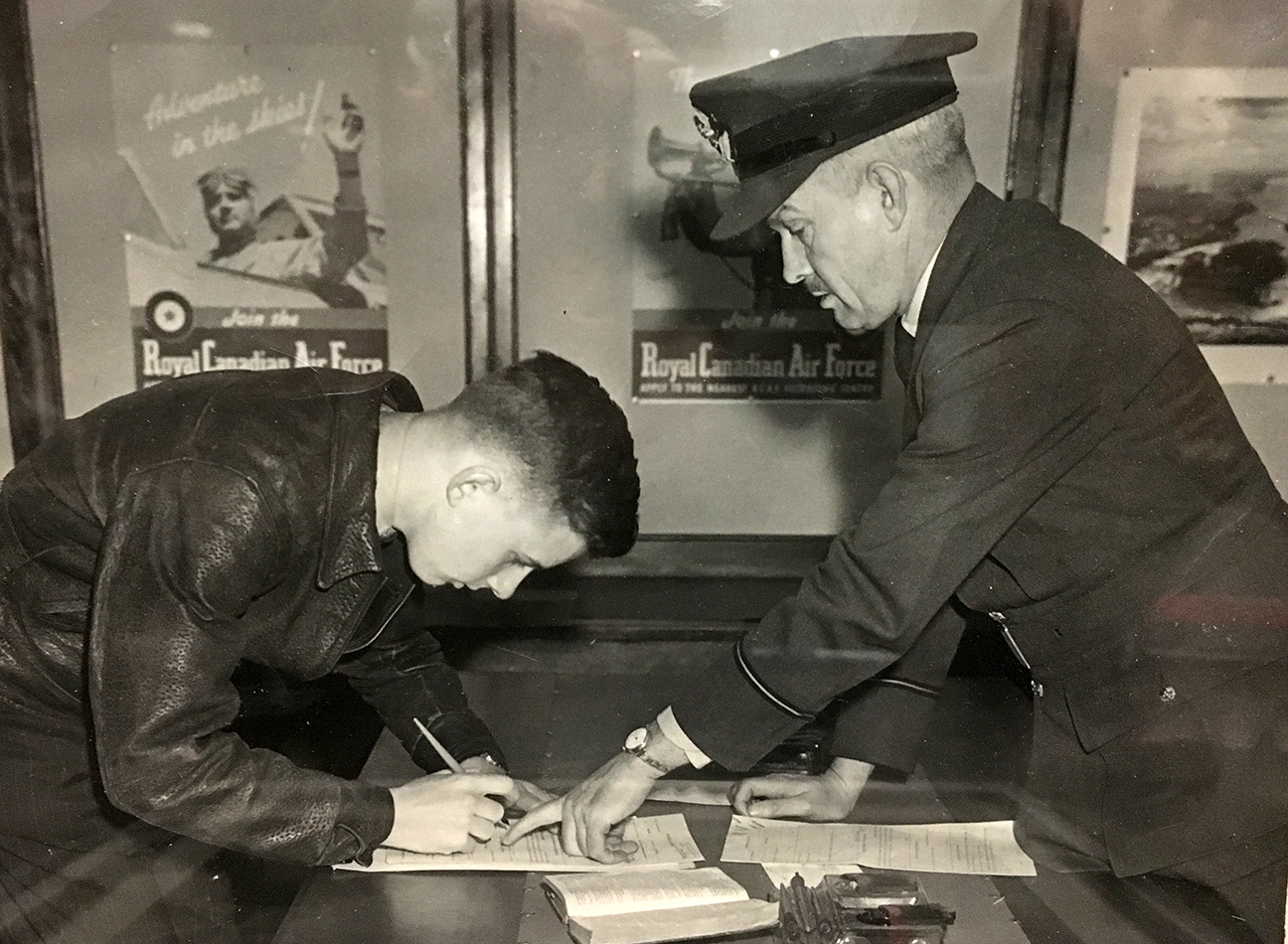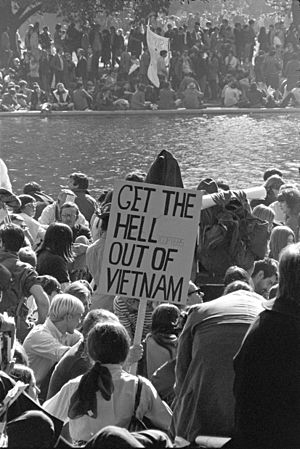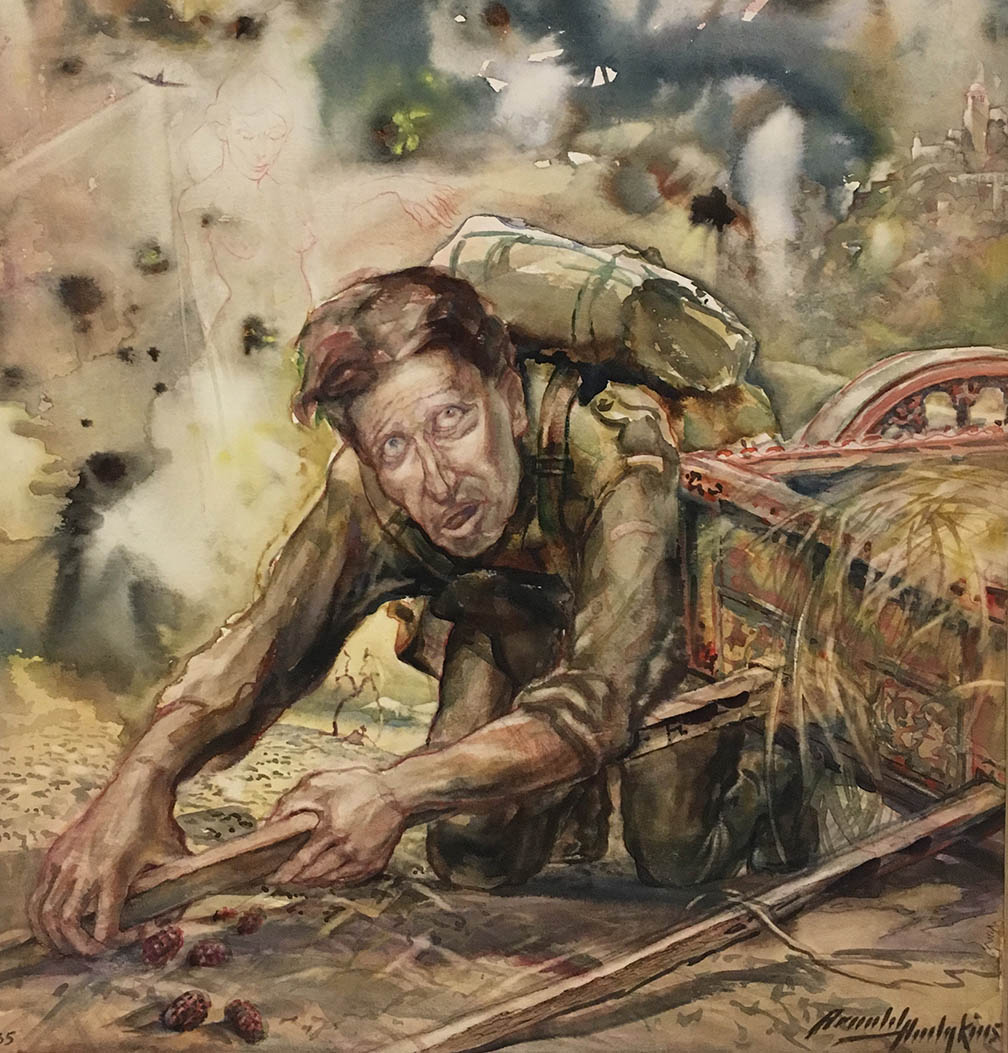
This past Tuesday – the day after Remembrance Day – I rose to speak at a Probus club gathering in Bradford. I was still wearing a poppy on my jacket lapel. As I was about to speak, when someone asked if it was still OK to wear a poppy on Nov. 12. I nodded, suggesting that it’s still Remembrance Week and I was offering stories and reflections on the experiences of veterans, so why not still wear my poppy?
“Besides,” I added, “this is my ‘You People’ poppy.”
That got a few moans and a couple of laughs from the audience.
“No laughing matter,” I added quickly. “You see, I’m the son of immigrants to this country. And I’ve worn poppies proudly since I was a teenager in high school.” (more…)
